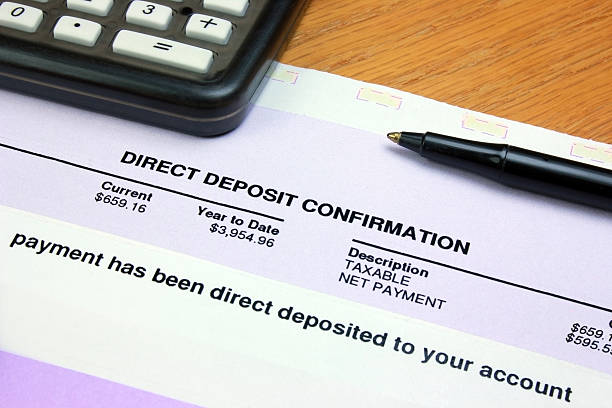You work hard for your money, and we help you get paid 2 days sooner! No more waiting until payday.
Key Differences Between Credit Scores and Credit Reports
Though the terms credit score and credit report are often used interchangeably, it is important to understand they are not the same thing.
Having a good understanding of each of these concepts will help you as you are navigating your personal finances and will put you in a good position to understand the state of your credit and how to improve it. We broke down each concept to help you understand them and can provide you with counseling and support while you’re managing your finances in the future!
A credit score determines an individual’s overall creditworthiness and is represented by a three-digit number.
This number represents whether a consumer can make bill payments on time. Credit scores can range from 300 to 850, and FICO defines a good credit score as any number between 670 and 739. Anything above 740 is classified as very good or exceptional, and scores below 580 are classified as poor. To give you a better understanding of FICO score ranges, we’ve included an infographic below:

Source: Forbes Advisor
The better your credit score, the more likely you are to be approved for a larger line of credit with lower interest rates.
A lender will use your credit score to determine if you will be able to pay back debts, and it is important to make sure you are making payments for credit cards and loans on time. Keep in mind, if a creditor or lender checks your credit, this could affect your credit score since this is considered a hard check. We recommend staying up to date on your credit score on your own to keep up with the state of your overall financial health.
You should have a better understanding of what a credit score is – Now, let’s talk about credit reports.
A credit report refers to a complete record of an individual’s credit history, including any past lines of credit and cards, payment history, and more. Credit reports come from three credit bureaus known as Equifax, Experian, and TransUnion, and they include information like personal information, collections, public records, credit inquiries, and accounts. You’re entitled to a free annual credit report from each of the bureaus annually, and it’s important to note that your credit score will not be included within.
Credit reports are typically used to decide whether you’ll be approved for a loan and what interest rate you will be charged.
Parties that may look at your credit report include credit card issuers, mortgage lenders, and rental property owners. We recommend checking your credit reports often to ensure that your personal and financial information is listed there correctly. You’ll also want to check to make sure that no fraudulent accounts or charges have been set up or made in your name. Being diligent when managing and monitoring personal finances will only help you down the road.
Do you still feel like you could use some more counseling?
We are happy to help provide you with more information on credit scores and reports, as well as rates, interest, and more to help you stay on the right path financially.






